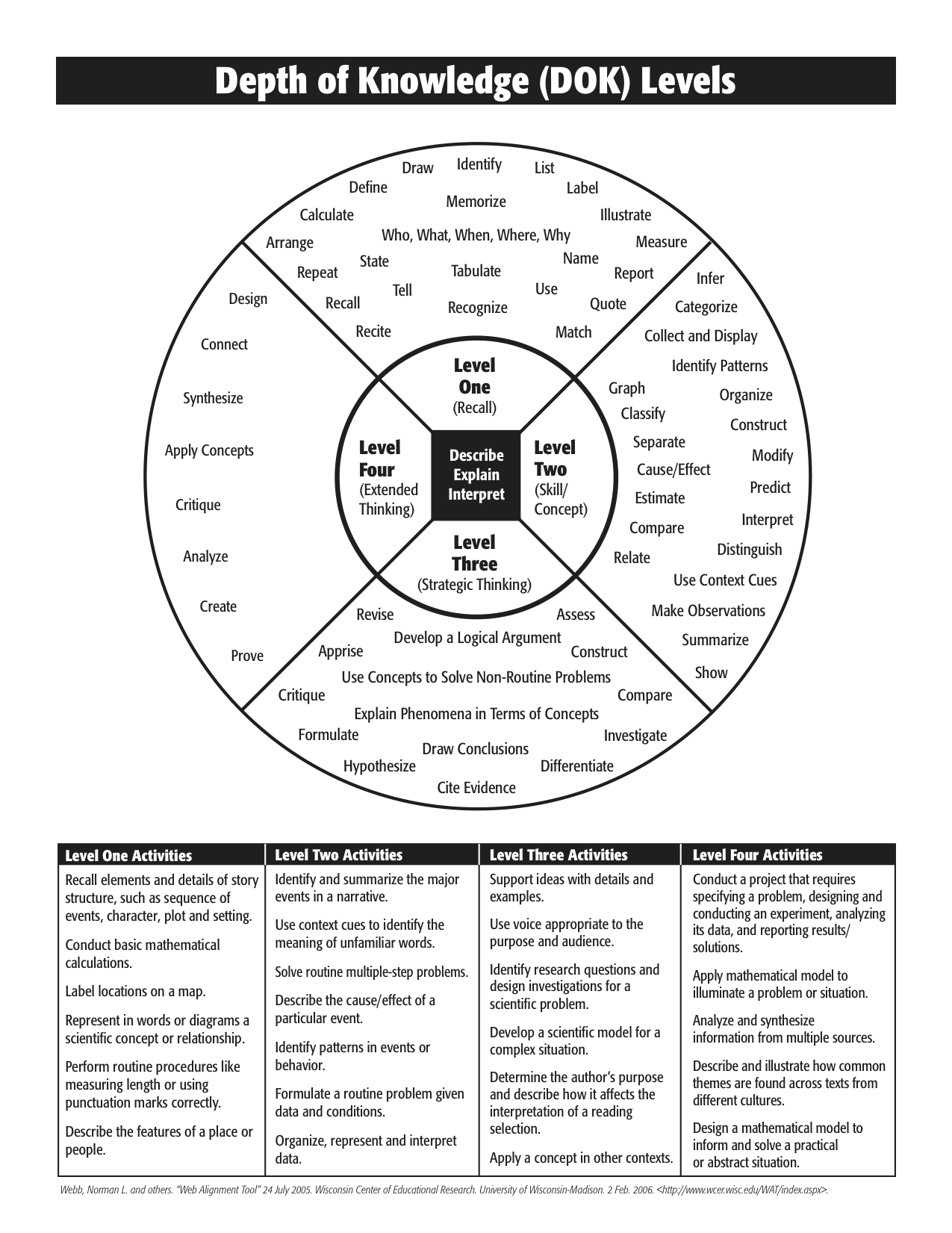
Claim, Evidence & Reasoning
The Henry Ford staff spent the morning on November 7th engaged in literacy learning. One of the areas we focused our dialogue on is Claim, Evidence and Reasoning. Check out the introductory C.E.R. powerpoint for more information!
Comprehension Strategies & Mini-lesson Subskills
Wouldn’t it be wonderful if comprehension strategies could be taught in a single mini-lesson? We all know that our students need numerous mini-lessons across the year that target the subskills for each comprehension strategy in order to be successful. See Kristina Smekens’ Comprehension Strategies & Mini-lesson Subskills resource for a list of subskills associated with the comprehension strategies. She reminds us of the following:
“For every comprehension mini-lesson, first announce the strategy the lesson targets. Then, explain the small subskill that is the focus of the day’s instruction. Be sure to include experience with that subskill as it’s used in literature and informational text. The skills, lessons, and applications are just a little different in different types of text.” (Smekens Education Solutions, Inc.)
Reading for Meaning
Looking for ways to teach and encourage students to evaluate evidence and use it to support positions? Harvey Silver ‘s “Reading for Meaning” may be just what you’re looking for!
- Turn higher order questions into statements.
- Present students with a list of “agree or disagree” statements about an assigned text. (For example: The little old lady is not afraid).
- Students preview the statements and then begin reading.
- Students indicate whether they agree or disagree with the statements based on what they’ve read.
- Students justify their agree/disagree positions by citing appropriate evidence.
- Students share their thinking and evidence in small group discussions.
- Students engage in a synthesis task that requires them to apply what they’ve learned from analyzing the text. (For example: Students will create a booklet or write an editorial on how not to be afraid.)
Websites that Focus on Building Reading Comprehension
Looking for reading passages that align with your curriculum at each individual student’s instructional or independent reading level? Check out readworks.org. It’s a great resource that is growing to meet the diverse needs of learners daily! On this site you can find passages leveled by lexile that you can sort by skill, strategy and/or grade level content.
Take the time to explore the site and you’ll also notice paired reading passages, comprehension focused questions as well as lessons/units. Happy reading!
Building Comprehension Through Academic Vocabulary
Looking for a strategy to boost comprehension, academic vocabulary and oral language skills? Begin by explicitly teaching students how to identify and write key words from an informational text. Scaffold opportunities to orally summarize the text using only the academic vocabulary words they selected. This strategy will empower students to identify key ideas/vocabulary and deepen their understanding of informational text.
-read an article/section of informational text 1 time through
-reread the article & select 1-2 key words per paragraph (highlight, underline or simply jot down)
-upon completing this task for the entire article, write all words on a post-it in list form
for example:
witnessed
towered
sculpted
scoured
reuse
reduce
instead
-students then partner up and discuss their learning about the topic using only the list of academic vocabulary words
Students can jigsaw articles/sections of text using this strategy as well. A few resources for informational articles are readworks.org and newsela.
______________________________________________________________________________________________________________________________________
Webb’s Depth of Knowledge (DOK) Levels of Inquiry
Bottom line? Thinking needs to be rigorous so choose your questions carefully!

Building Comprehension Through Questioning
As we increase the rigor in our instructional practices, it’s important to focus on higher order questioning. As educators, we reflect on our instructional practices and question whether our questioning pushes our students to be active thinkers. Asking, “How do you know?” pushes our students to justify their responses and to dig into the text to locate evidence.
Looking for sample questions to send home with students for parents to use at home? The attached document has a collection of questions for both narrative and informational text. Be sure to encourage parents to always ask, “How do you know?”!